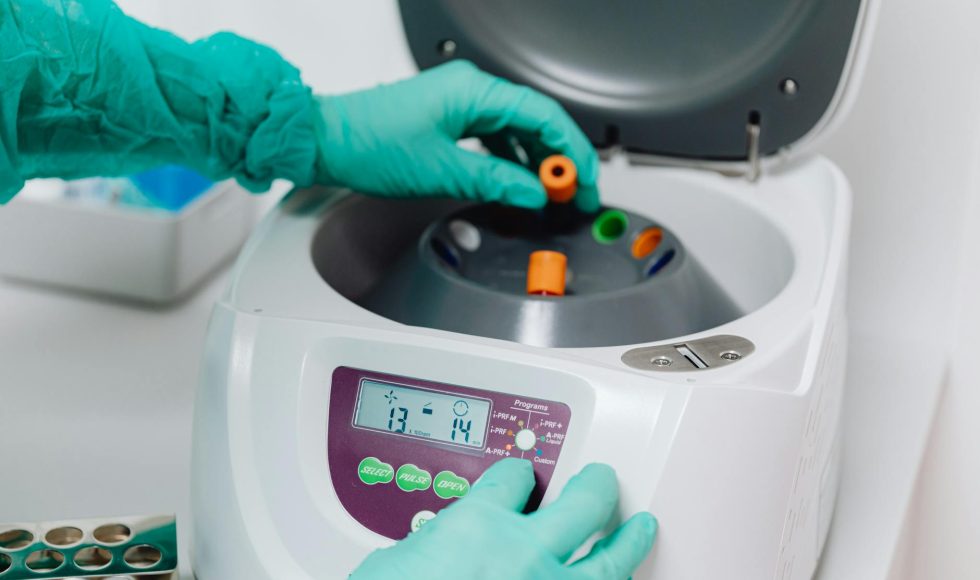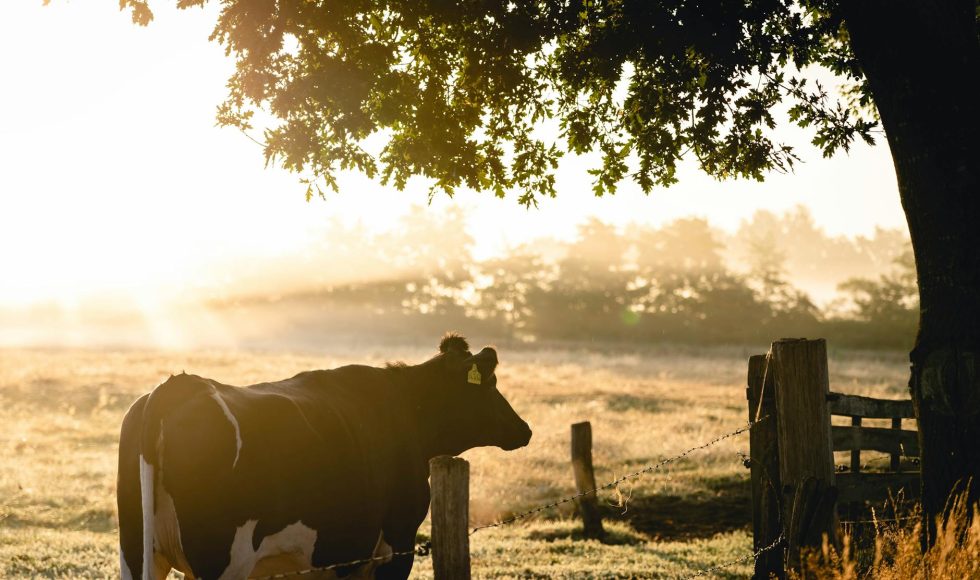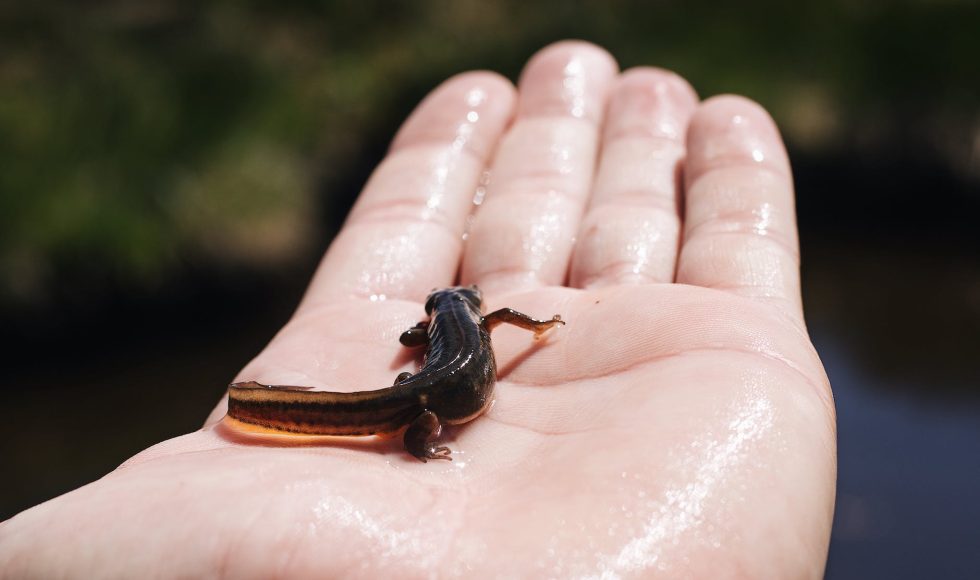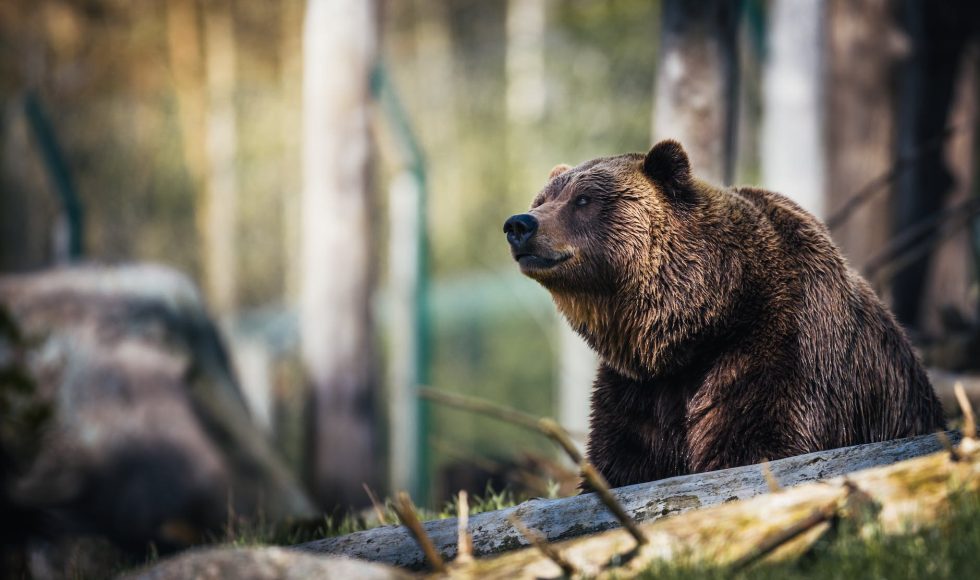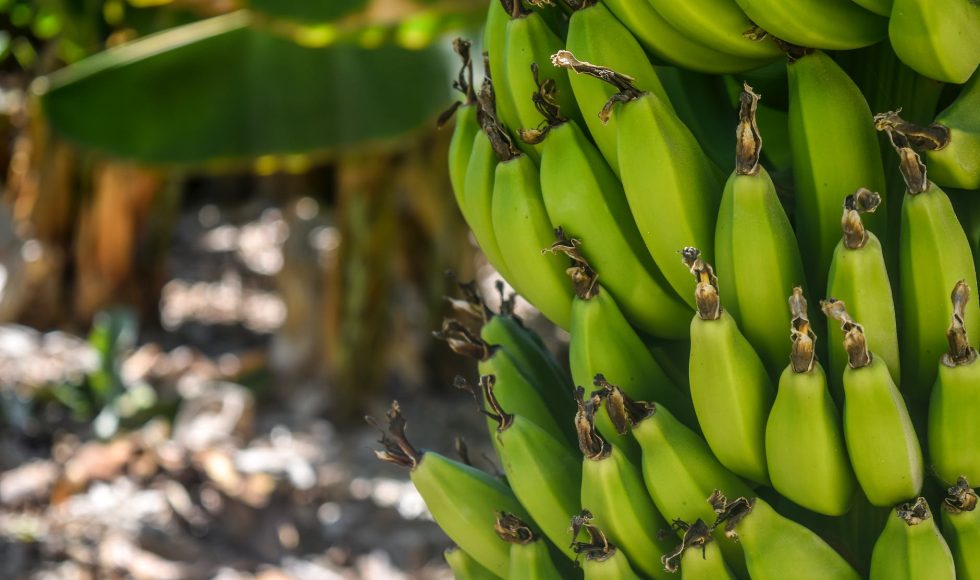“Single-cell full-length nanopore sequencing for quantitative variant analysis of native and genome-edited mitochondria” is the title of the London Calling 2023 lightning talk I watched tonight. The presenter was Mo Li from King Abdullah University of Science and Technology (KAUST) in Saudi Arabia. Li spoke about the human mitochondrial genome (mtDNA) and the challenges in […]
Caroline Koch from the Imperial College in London, UK, presented at London Calling 2023 a lightning talk on “Novel screening platform for highly multiplexed biomarker analysis.” Koch was a Ph.D. student and explained why we need methods for multiplexed biomarker detection by emphasizing how we all express diseases differently and need sensitive diagnostic methods. They […]
Fei Xiao from the Beijing Hospital in China presented at London Calling 2023 a lightning talk on “Small extrachromosomal circular DNAs as biomarkers for potential pan-cancer diagnosis and prognosis.” Xiao noted that extrachromosomal circular DNA (eccDNA) are circular DNA molecules that are independent of conventional chromosomes and most are smaller than 10 kb. The study […]
I am continuing to watch the London Calling 2023 on-demand lightning talks. Tonight, I watched the session “Discovering the missing variation: a long-read sequencing study into the structural variation in two dairy breeds” by Tuan Viet Nguyen, a research scientist from Agriculture Victoria in Australia. They spoke about structural variants, defined as genomic variants larger […]
I started watching the on-demand lighting talk recordings from London Calling 2023 tonight. I started with Camille Mumm’s session. Mumm is from the University of Michigan and presented on “Exploring the impact of mobile elements on Alzheimer’s disease using targeted long-read sequencing.”Mumm is also a graduate student (at the time of recording). They spoke about […]
Tonight, I watched a recording from the Nanopore Community Meeting 2021 featuring Alexander Wittenberg from KeyGene in the Netherlands. They presented “Accuracy improvements in crop genome assembly using the Q20+ chemistry.” KeyGene is a crop innovation company, and they are generating new tools for genome assembly and structural variant analysis, among other analyses. They built […]
Alaina Shumate from Johns Hopkins University was a speaker at the Nanopore Community Meeting 2021. Shumate was a graduate student and worked on “The annotation of novel genes in a complete human genome.” They noted that in 2003, scientists “finished” the human genome, but reions were still incomplete. In 2021, the Telomere-to-Telomere (T2T) Consortium was […]
Tomas Marques-Bonet from the Institute of Evolutionary Biology in Spain spoke about the Org.one project at the Nanopore Community Meeting in 2021. The title of the session was “ORG.one: a new program to promote sequencing biodiversity.” They spoke about the mass extinction of species and the need to preserve biodiversity. Marques-Bonet explained how biodiversity genomics […]
The London Calling 2021 session “CanSeq150: high-resolution genomic sequencing and assembly of 150 Canadian species” caught my attention today. Jahanshah Ashkani from Canada’s Michael Smith Genome Sciences Center was the speaker. The goal is to save Canada’s rich biodiversity by sequencing unique species. Loss of biodiversity is an issue: there are over 700 species at […]
Luca Degradi from the University of Milan in Italy presented at London Calling 2021 about “Chromosome-level genome assembly of Fusarium musae using MinION.” They described this organism as a “cross-kingdom pathogen” reported by the HUPLANTcontrol program in Europe. The organism can infect bananas and humans! The first infection seems to have been a human. At […]




